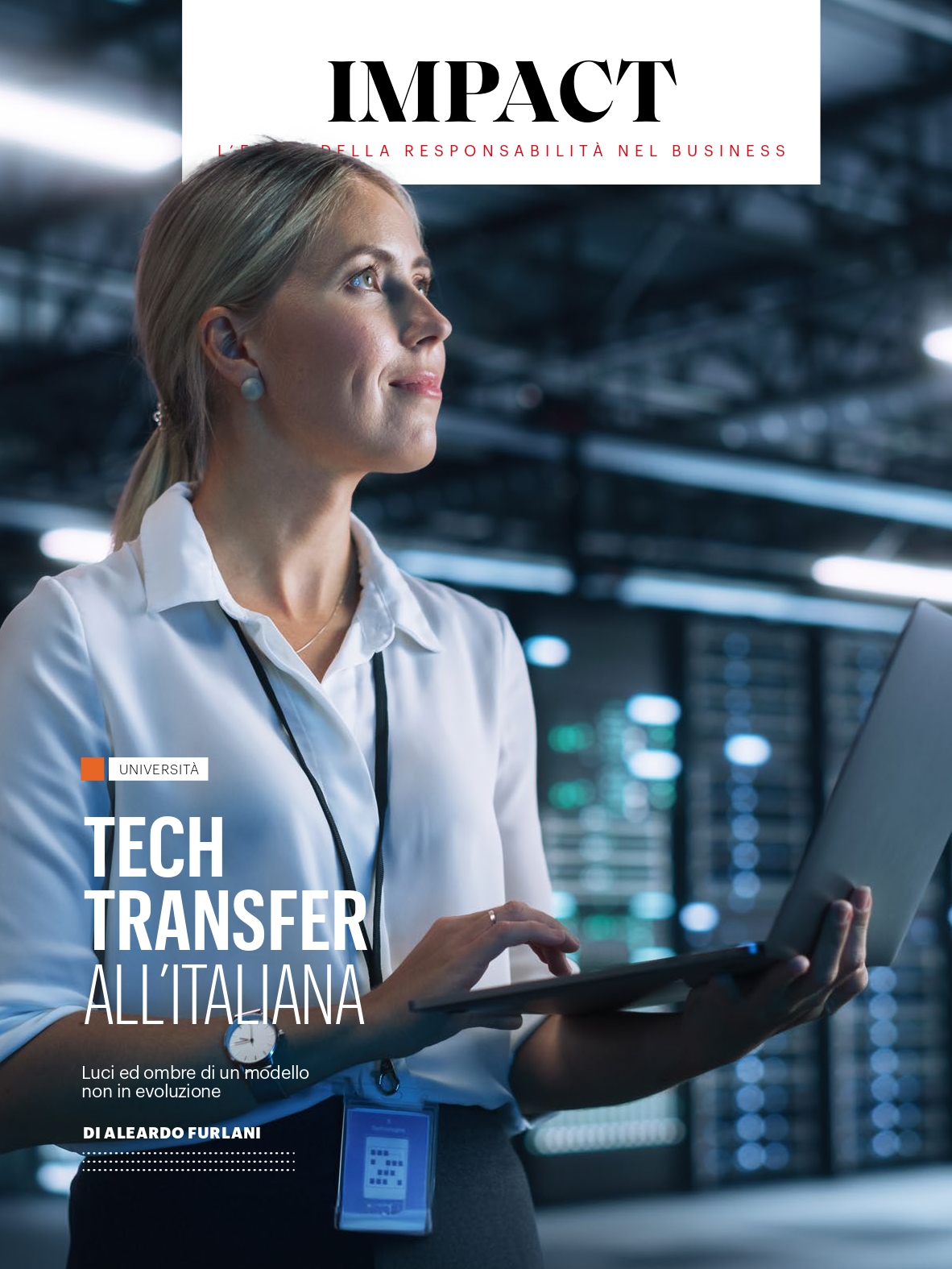Italian universities hold over 8,800 patents, yet their ability to turn this wealth of intellectual property into economic value remains limited. According to the Netval Report 2024, Italian universities earned €5.7 million from royalties in 2022 while generating a staggering €1.5 billion from services such as technical training and research. This imbalance reveals a key issue: while Italy excels at delivering services, it struggles to capitalize on its exceptional scientific research through effective tech transfer.
Italian universities need to rethink their strategies and leadership to unlock the full potential of their intellectual property. In fact, Italy’s tech transfer offices focus too little on promoting and commercializing innovations. Furthermore, these efforts are often confined to the regional knowledge silos, stunting the possibility of creating a unified national network for innovation.
What does Italy need to do differently? the future of tech transfer in Italy requires bold leadership and a stronger market focus. Universities must move beyond simply safeguarding their intellectual property and begin building strategic partnerships with private companies, developing spin-offs, and fostering startups. Additionally, establishing a national portfolio of patents and know-how would make Italy’s innovations more competitive on a global scale.
Italy’s untapped potential lies in Universities and research institutions and a more integrated, forward-thinking approach to tech transfer could pave the way for Italy to become a global leader in transforming scientific discoveries into economic and societal benefits.
At INNOVA, we are committed to fostering innovation and creating value from Italy’s rich intellectual property landscape. The future of Italian tech transfer is bright, but it will take strategic change and dynamic leadership to realize its full potential. Let’s work together to ensure that Italy’s innovations are not just protected but also transformed into real-world solutions that benefit the global community.
To read the full interview: Link

